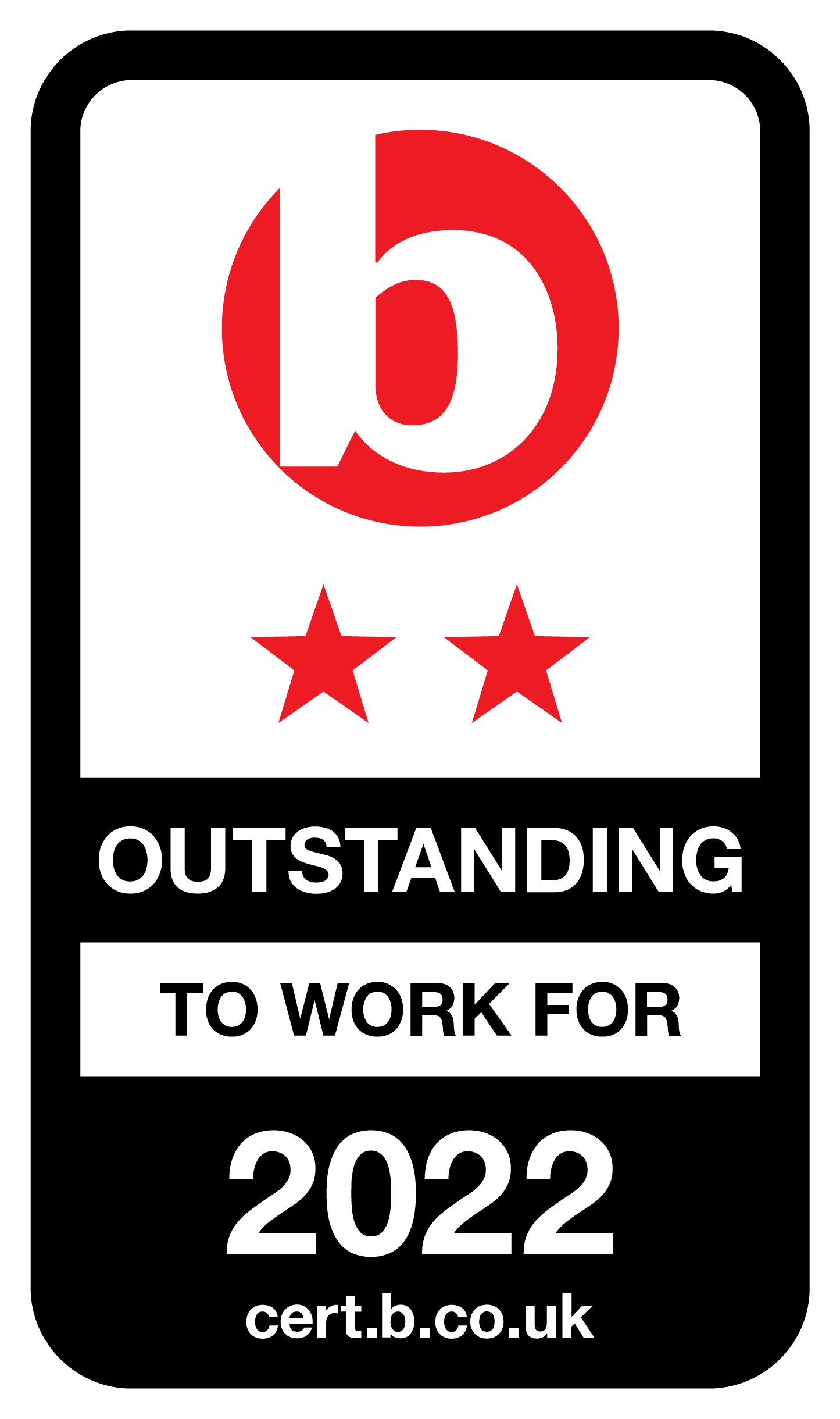
“Tis the Season” – Christmas Festivities & Employee Gifts, an Employers’ Guide to the Tax & NIC Implications
Now that Christmas is upon us (“oh yes, it is!”) employers will be turning their attention to their own employees, having planned the much-awaited Christmas party! There may also be gifts for staff and even children’s Christmas parties for employee children. We cannot however forget the tax and NIC implications that will need to be considered.
Staff Parties/Events
A staff party or event will qualify as a tax-free benefit if it meets all the criteria for the “annual events” exemption to apply. There are certain conditions that will need to be met.
- The party will need to be open to all, regardless of whether they attend or not, however, the employer is able to have the party in the one location and invite attendees from other company sites.
- It is also worth noting that if an employer holds separate events for different departments, they may be able to fulfil the exemption, provided that all employees have the option of attending at least one of them.
- A party for directors alone, unless all employees are directors, will not meet the exemption as it is not open to all employees.
- Christmas children’s party will not be exempt as they are not open to all.
- The party or event will need to take place every year.
- Cost must be £150 or less per those who attend.
- The exemption can be used to cover more than one event, provided that the £150 limit is not exceeded in a tax year and all other conditions are satisfied.
Where a benefit in kind is liable to tax and NIC, arising where the exemption conditions are not met, it maybe that an Employer will decide that instead of reporting on the employees’ form P11D they will use their PAYE Settlement Agreement (PSA) This allows the employer to report the event to HMRC and pay the tax and NIC due on a grossed-up basis to HMRC.
Staff gifts
When an employer gives a gift to employees, i.e. Christmas hamper, bottle of wine or spirit or a non-cash retail voucher, this is likely to be covered by the trivial benefit in kind exemption.
As with most exemptions, there are conditions that will apply in order for them to satisfy HMRC, these are:
- The benefit is not cash or a cash voucher. A cash gift, such as a Christmas bonus, does not qualify.
- The cost of the benefit does not exceed £50, inclusive of VAT and delivery.
- The employee is not entitled to the benefit as part of any contractual obligation.
- The gift is not provided in recognition of a particular service performed by the employee as part of their employment duties. welfare purposes.
If all the conditions are met, there will be no tax or NIC liabilities for either the employer or the employee. Where one or all of the conditions are not met for a festive gift, the gift will be taxable and liable to NIC.
In the circumstances that staff entertainment is taxable, employers may again use their PSA to deal with this to avoid reporting the gifts on employees’ forms P11D or via the payroll.
For further information on how to reward your employees at Christmas in the most tax efficient way please contact Gillian Forrest or your usual AAB contact.
Our accreditations
What lies ahead for HR professionals and companies: staying up to date with the latest trends and initiatives
Our accreditations
How could Inheritance Tax & Business Relief impact your family business?
Business Owners will most likely be aware of the important Inheritance Tax (“IHT”) relief currently available on the value of their businesses. Business Relief (“BR”) can relieve the full value of the business and it has long been recognised that the policy objective behind the relief is to prevent the breaking up or sale of businesses on death. Whilst this may be hugely advantageous for all businesses, the benefit is perhaps most keenly felt by family businesses where the legacy is as much about heritage and history as it is about a continuing trade.
Our accreditations
EMI Consultation
In a bid to support UK business growth and employee retention, the government has announced they will be reviewing the HMRC approved Enterprise Management Incentive (“EMI”) share scheme with a view to making EMI accessible to more businesses.
Our accreditations
Payrolling Benefits – Act now!
As we approach the end of the 2020/21 tax year, we will shortly be in the P11D reporting window for employee benefits. While completing P11Ds may be something that you have done for as far as you can remember, it may be worth considering moving to the Payrolling Benefits scheme from April 2021 to streamline and simplify your employee benefit reporting.
Our accreditations
Furlough and beyond
Since the Coronavirus Job Retention Scheme (CJRS) was first thrust upon us just over 10 months ago, it has acted as an unprecedented support mechanism in helping employers and employees across the whole of the United Kingdom cope with the uncertainty in surviving as a business whilst also retaining employees in their jobs. Although all jobs have not been saved, thousands of jobs, have thankfully been saved due to the scheme.
Our accreditations
Is your family business growing? How to incentivise your non-family manager
As the family business grows, succession can be a challenge. In order to bring the relevant knowledge and expertise to continue to grow the business, it is usually necessary to move to a more “corporate” structure and recruit senior management out with the family. However, to attract and retain the right talent finding a remuneration package that rewards and empowers management, without conflicting with the family’s objectives, can bring challenges. This is an area many of our clients ask for assistance with as they strive continue their business success by striking the right balance of being commercially minded whilst continuing to protect their legacy.
Our accreditations
Big Changes to Employment Allowance in April 2020
The UK Government first introduced the Employment Allowance (EA) in 2014, which entitled employers to a reduction of up to £2000 from their secondary national insurance liability for the year. In April 2016, the allowance was raised to £3000 with a slight change in rulings which restricted single-director companies from claiming.
Our accreditations
Trivial Benefits – Where are the rules?
In April 2016, HMRC introduced new legislation to allow employers to provide tax-exempt gifts and entertainment to employees, namely Trivial Benefits. This exemption reduces reporting obligations and any tax or National Insurance charge where all of the following conditions are met:
Our accreditations
Upcoming Deadlines for Employers
Spring and early summer can be a very busy period, and not just for bees! We have summarised the key deadlines which employers need to be aware of during the upcoming months in relation to their employment tax obligations.
Our accreditations





